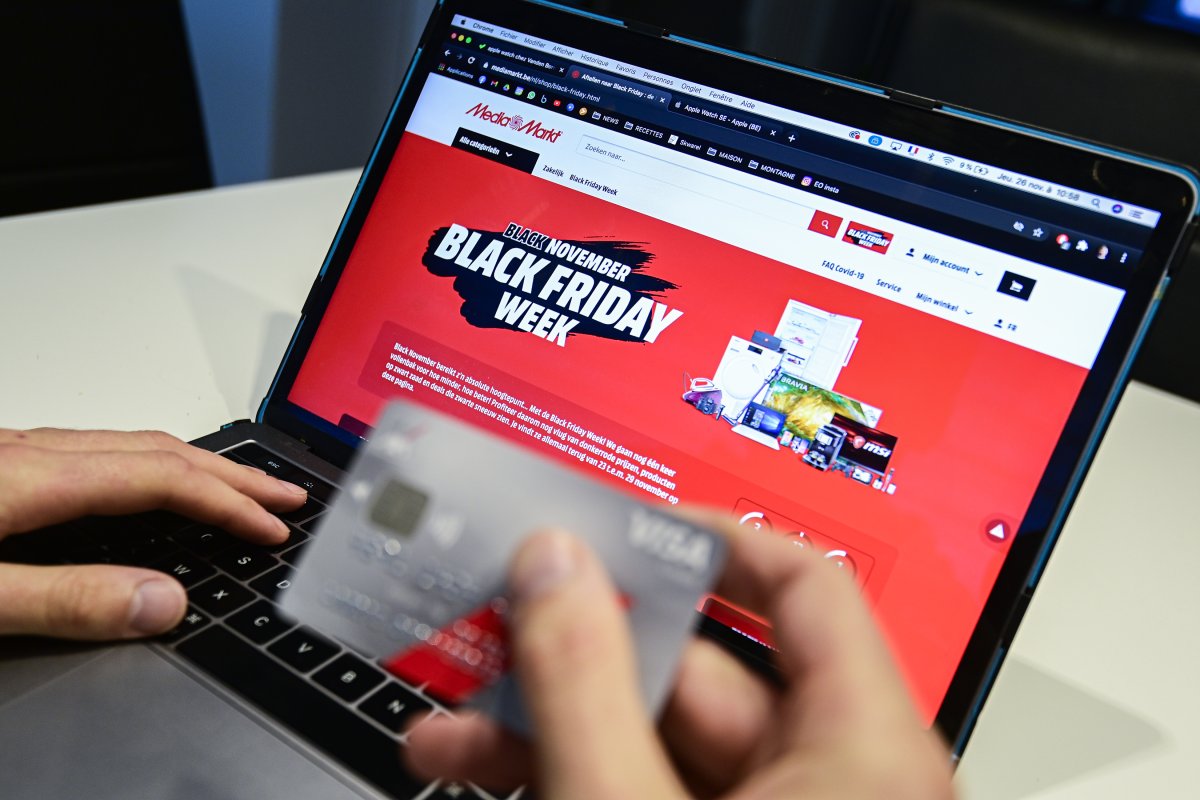Fake product reviews have lured millions of consumers into spending more on low-quality goods, but falling for the deceptive praise can be avoided, according to a new research paper.
Consumers purchasing from major e-commerce platforms including Amazon and Google often rely on reviews for reassurance that the products they choose are good. Ninety-five percent of shoppers rely on reviews when making purchasing decisions, according to PowerReviews.
But a working paper posted by the National Bureau of Economic Research (NBER) found that 42 percent of 720 million reviews posted were fake or unreliable.
This makes consumers "more likely to choose lower-quality products," according to the nonprofit research organization.

Unpleasant Experiences
Some victims of buying products with misleading reviews have shared their experiences.
"I'm so sick of garbage products on Amazon," jstewartap said on X, formerly Twitter.
"I've gotten counterfeits several times and other times just bad products with lots of fake reviews. I bought a product recently and received a bribe offer from the company a couple of weeks later in exchange for a 5-star review."
One Reddit user complained about a pool spa test strip kit that he purchased, which garnered a 4.8-star rating out of five.
"This product cost me hundreds of dollars in chemicals," user ok_unit_8350 posted in a thread.
"I realized that the test strips were actually wrong after about 1-2 months of using them. Around the same time, they (the company) reached out to me asking for a review in exchange for a free product and it quickly made sense that was how a product that is probably a 3.5 [and] holding 4.8 stars with it being faulty."
Some negative reviews on the product shared a similar frustration as the Reddit user.
For those who aren't sure if a review is fake, Jeremy Bowman, contributing analyst for The Motley Fool, told Newsweek that he recommends using a professional review and critic site such as Consumer Reports.
"It's also a good idea to read reviews or comments from an established blog, for instance, on products for parenting, or, say, cars.
"You'll likely find trustworthy commentary here and can even ask questions of the blogger."
What to Look For
When reading reviews online, you'll want to look out for various red flags.
Robert Hahn, distinguished senior fellow at the Technology Policy Institute, who is also an author of the working paper, told Newsweek that fake reviews have worsened over time and that major e-commerce platforms need be more vigilant.
"Platforms and businesses can do a better job of screening fake reviews," he said.
"One potentially fruitful area is to ensure the reviewer is indeed a real person. I'm hopeful firms like Amazon and Google will get better at this over time."
In the working paper, NBER posted two screenshots of a product review that contained several suspicions.
Both of them showed five-star ratings posted on the same date, with "repetitive" use of the exclamation point.
There was also improper and inconsistent use of grammar in both. Additionally, the name of the reviewer, "PlatformCustomer," also stirs doubt, according to NBER.
"If the comments show repetitive reviews or brief one-line reviews that sound like cliches (ex. I bought this for my daughter and she loved it!), then that's a good indicator that they could be fake," Bowman said.
Companies can also influence customers. Some will provide a gift in exchange for a positive review. One customer who left a negative review on a product said that she was offered compensation to change the one-star rating to four or five, according to a screen grab posted by NBER.
"It's fairly common for small businesses to incentivize customers to post positive reviews on sites like Google or Yelp," Bowman said.
"This isn't necessarily nefarious, but it's another example of why a lot of reviews should be taken with a grain of salt."
Another thing is to ensure what's in the review matches the product description.
If it doesn't, that's another red flag. Also, products that are less descriptive about the product are more likely to be fake, according to NBER.
While that can be tough to tell, it's worth looking to see if they have a generic name like "PlatformCustomer" that was posted above.
It's also worth checking the reviewer's profile to see what other reviews they have left. If there's only the one review, it might not have come from a real person.
Overall, knowledge of the red flags in weeding out bogus reviews cuts the negative impact they can pose for consumers by 44 percent, according to NBER.
Uncommon Knowledge
Newsweek is committed to challenging conventional wisdom and finding connections in the search for common ground.
Newsweek is committed to challenging conventional wisdom and finding connections in the search for common ground.
About the writer
Anthony Russo is a Newsweek reporter based in New York City. His focus is reporting on consumer and retail news. ... Read more
To read how Newsweek uses AI as a newsroom tool, Click here.






